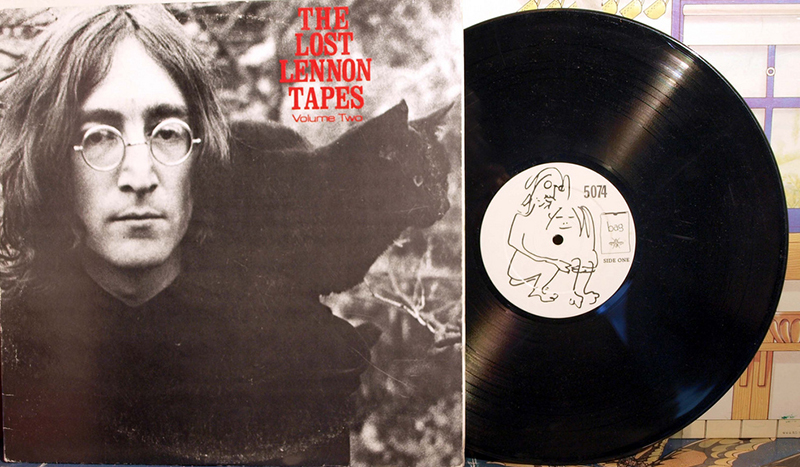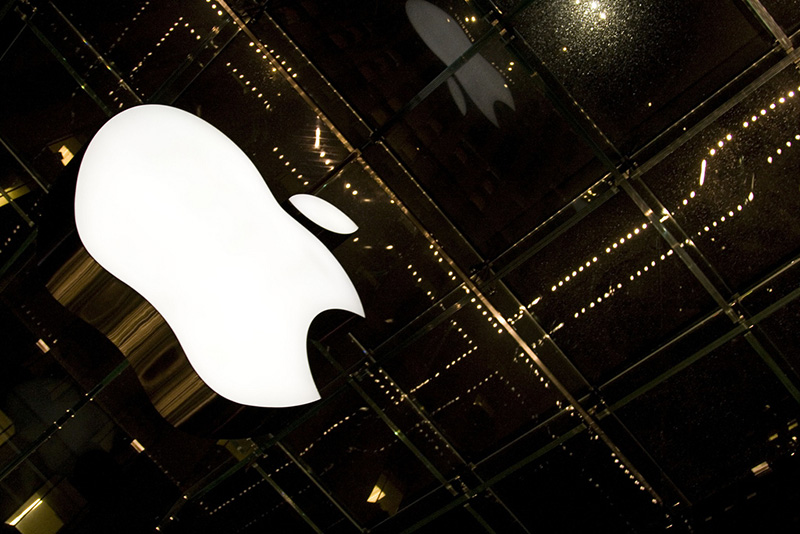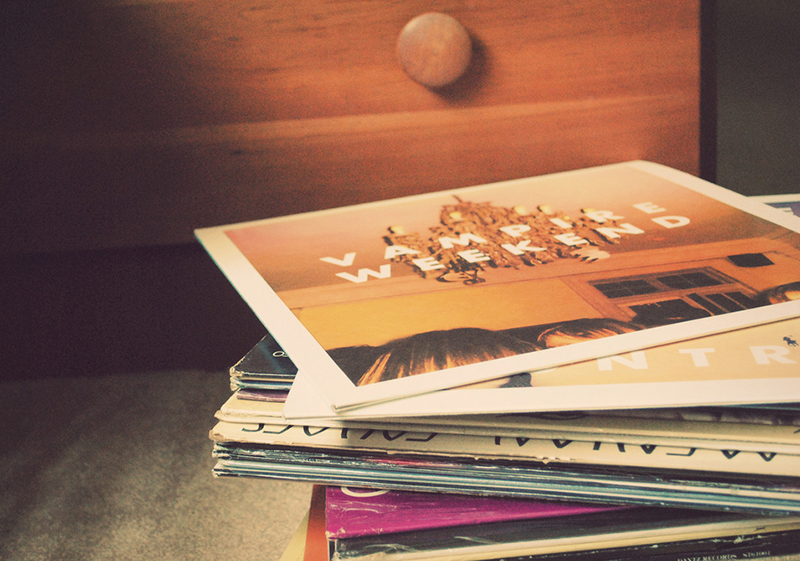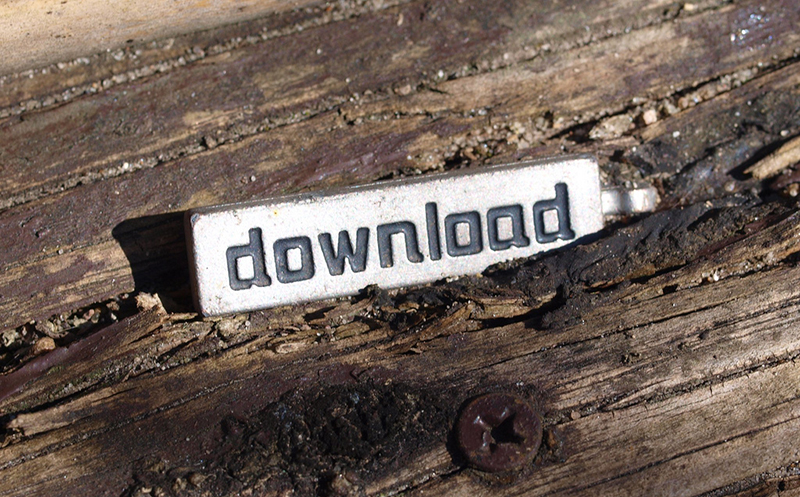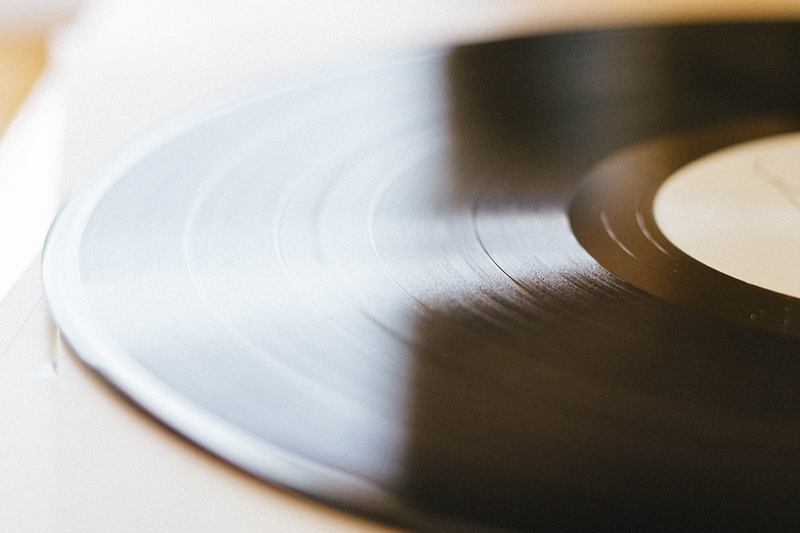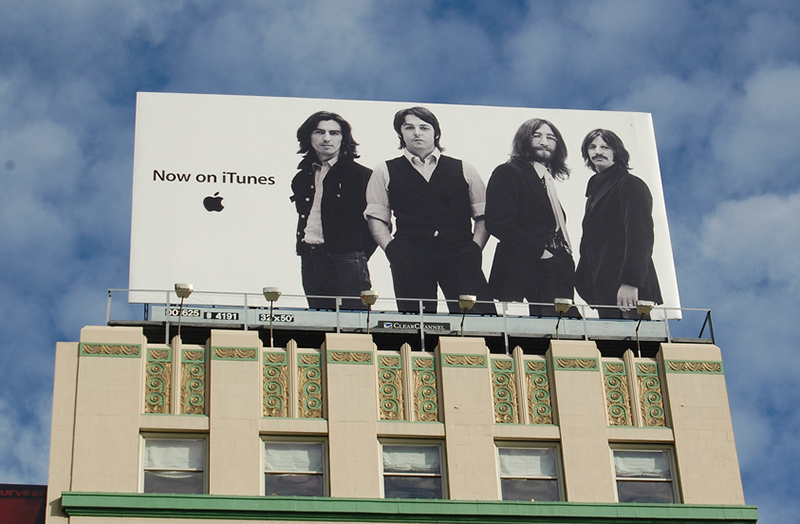“Imagine no possessions,” John Lennon asked in a famous song. Then wisely added: “I wonder if you can.” I note that Lennon was driving a 19-feet-long Rolls Royce when he composed the song “Imagine.” In fact, he didn’t really drive it; he had a couple of chauffeurs available for that. The former Beatle spent his time in the back seat, where he had a double bed installed along with a television and refrigerator.
No, I don’t blame Lennon. He’s not the only person to take pride in ownership while imagining a property-free world he didn’t actually want to inhabit. Bernadette Peters summed up the pervasive attitude best in the Steve Martin film The Jerk, when she faces the prospect of going from wealth to poverty. “I don’t care about losing all the money,” she declares bravely. Then after a pause: “It’s losing all the stuff.”
Yet, in a strange turnaround, Lennon did imagine the future of his own vocation, the music business. Everywhere else — even in countries that officially embrace communism and the abolition of private property — ownership is flourishing. Everybody wants more stuff. Only music fans have decided they don’t need to own recordings anymore. God bless those altruistic souls: They are happy to share with their neighbors.
The numbers show this in stark terms. Last year, more songs were streamed on any single day than were downloaded during the entire year. Sales of physical albums and downloads are in free-fall, and the rise in vinyl purchases isn’t enough to reverse the larger trend. Even with the massive increase in song streaming — which rose 83% in 2016 — the overall economics of the business are dicey. Music revenues are still far below what they were in the last century.
Think of streaming like a lending library, but with instant gratification. No need to drive to this library or wait in line to check out items. Everything you want is yours with just the touch of a screen or click of a mouse. Who needs all those bloody albums?
Musicians are suffering under this new economic model. But they tend to blame everything on the rise of digital music and the internet. They see the problem as a format issue, not a question of ownership. In their opinion, the internet turned songs into data, and data just ain’t sexy. Even worse, data is easy to steal, to share, to pirate.
I don’t disagree with this view. The shift from physical recordings to digital tracks has benefited tech companies instead of musicians. The shareholders of the three As — Apple, Amazon, Alphabet — have earned a king’s ransom from music over the last decade, but the content providers (that’s the quaint way musicians are now described by Silicon Valley billionaires) get squeezed to enhance the corporate bottom line.
Music seems to have returned to the medieval era, when starving bards survived by serving the nobility, providing the playlist at a banquet where others were feasting. That’s a fitting metaphor for the new reality in music. The shift in economic models has been rapid and devastating. Apple could now acquire every major record label with just the spare cash in its bank account. But Apple CEO Tim Cook is too smart to do that. He knows there’s no money as a content creator — in fact, his company has worked to ensure that state of affairs.
But there’s another problem in the music business, and it may turn out to be even more devastating for the music ecosystem. The transition from physical to digital music may be less damaging than the shift from ownership to streaming. Most people in the industry are complacent about the latter change. They care about cash flow — they want listeners to pay for streaming. But they rarely worry about how the behavior of music fans changes when they no longer own recordings.
This is a big mistake. The music industry was built on the passions of record collectors. The album wasn’t just a physical object, but a lifestyle accessory, almost a fetish and talisman. People didn’t just listen to their records, they displayed them as quasi-holy relics. The album cover might seem irrelevant — a baby swimming after a dollar bill, a painting of a big banana, or even a blank white slate with only tiny text (The Beatles) emblazoned on it. But to the owners, these served as supercharged personal emblems. The image could change, but the message stayed the same: This is my music. This is who I am.
During the most formative years of emotional development, teenagers would meet and, almost before learning anything else about each other, peruse each other’s record collections. You judged your peers by what albums they owned, and also by those they excluded from their collections. They did the same to you, and teens trembled in fear at the verdicts rendered. Even the furniture collectors used to contain their treasures was revealing, whether old orange crates or ornate cabinets. Parents tended to choose the latter, so we learned to view those with suspicion.
Of course, this was all irrational. Wasn’t it? Music doesn’t sound better when it’s stored in an orange crate. Everybody knows that. Songs don’t change if you borrow them instead of owning them. That’s obvious to all.
But do the geniuses running the major record labels really understand what happens when you remove this irrational pride of ownership from the musical experience? Will fans devote as much discretionary income to music as in the past? Will songs have the same impact on lifestyles and on the mainstream culture?
I note that generations began adopting music as their cohort’s identity immediately after the rise of recordings. The 1920s were called the Jazz Age. The late 1930s became the Swing Era, and in the 1940s people started talking about the Big Band Era. The 1960s was the Age of Woodstock. That doesn’t happen anymore. It’s now the Digital Age or Post-Truth Era or whatever, but music no longer defines demographics the way it did back when people bought albums.
People do not create their identity out of what they borrow. They view themselves in terms of what they possess. That’s why Egyptian pharaohs and other prominent ancients got buried with all their stuff. And if they wanted music in the next life, they sometimes had the musical instrument buried with them — and perhaps even a dead musician who got a fast-track ticket to the great beyond.
When I wrote my book on the history of the blues, I interviewed the pioneering researchers who documented this music and rediscovered the forgotten performers of the past. In every instance, they were passionate record collectors, and their decision to become music historians tended to grow out of their search for rare 78s. My friend Gayle Dean Wardlow started out by going door-to-door in black neighborhoods in Mississippi and asking the residents whether they had any old records to sell. He is now one of the greatest living experts on blues music. Samuel Charters was the first writer to get a publishing contract for a book on traditional blues with The Country Blues (1959), but he too was a collector before he became a scholar. The late Mack McCormick, one of the most brilliant music scholars I’ve ever met, was so focused on collecting that he never got around to publishing the fruits of his research, especially that long-awaited book on blues legend Robert Johnson. Each of these individuals took delight in blues music, but they sometimes seemed to take even more pride in their personal archive of choice 78s and memorabilia. I don’t think the blues revival would have happened — or at least not with the same intensity and impact on mainstream culture — in an age of streaming.
This is why art that can be embodied in a physical object generates more economic value than art than merely exists as an intangible. My wife is a modern dance choreographer, and she sees firsthand how hard it is to build a sustainable financial platform for creative works that exist as ephemeral experiences. The same is true of other creative fields — go check out the list of the most expensive photographs sold last year, and see how many were physical prints versus digital rights. You will find that every one on the list was a physical object. Even in the internet age, the passionate art lover wants to own the work of art. I suspect that some smart scholar could even measure and quantify the value added to art when it becomes objectified.
Critic Walter Benjamin may have anticipated the current situation 80 years ago when he published his influential essay, “The Work of Art in the Age of Mechanical Reproduction.” Art has a more beneficial social impact, he argued, when it is no longer a rare item controlled by wealthy elites. Because of his pronounced Marxist sympathies, Benjamin might well have looked forward with approval to a time when no one owns the songs they hear. But I note that Benjamin showed even more enthusiasm in a lesser-known essay, entitled “Unpacking My Library: A Talk About Book Collecting.” Here you get a sense that this esteemed thinker’s own intellectual development was built on the foundation of his zeal for book ownership. Like John Lennon, he might praise a world with no possessions, but could hardly envision living in it.
This connection between ownership and passion is vitally important to the economics of music. If you eliminate the former, you erode the latter. Yet there’s an even bigger danger to a music ecosystem that gives up on ownership.
What happens when the mega-corporations who run the streaming services decide to delete a million songs that aren’t generating sufficient profits to justify their storage costs? Or ten million? Or maybe whole genres — 12-tone-row music, Native American chants, 1920s jazz, etc. — because they just don’t draw a meaningful audience?
Just look at how ruthlessly Netflix has reduced its offerings to lower its costs. Those old movies didn’t justify their upkeep anymore, so they got deleted. Or look at how libraries are getting rid of books to make space for more profitable cafés. If you don’t think it will happen in music, you don’t understand economics and the motivations of profit-driven companies.
Much of our documentation of the past exists today because some private owner decided to save a cultural artifact when institutions and businesses saw no value in it. The record industry isn’t very old, yet that has already happened with its products. Many historic recordings exist today only because a loyal fan held on to the disk. The same is true of cinema. Ninety percent of all films made before 1929 are lost to us. In many instances, collectors held on to prints when studios did not. It is sobering to consider that the very companies that made these movies didn’t take adequate steps to preserve them.
Look at almost any other field of culture and you will find the same phenomenon. What we take for granted today will disappear tomorrow. And the internet brings with it the potential for cultural destruction on a scale previously unfathomable. Do you want to trust the preservation of music to Apple and Google? Do you think they value it the same way you do?
Remember those pharaohs I described above — the ones who were buried with their musical instruments and sometimes the musicians too? We need to give them some credit. If they hadn’t been such passionate collectors, we would know very little about the music and culture of their times. We need to be more like them. Collect like an Egyptian!
But it shouldn’t be entirely left up to us. The record industry also has a role to play in bringing back music ownership. The labels need to embed music into exciting and alluring physical objects. Perhaps this is a return to vinyl, but I have a hunch that it is more likely to be a kind of high-tech “enhanced” vinyl or some other platform that doesn’t even exist today. As other industries have done, the music business needs to develop more clearly demarcated “freemium” and “premium” options for its customers. Indeed, this would have already happened if the record industry still invested in R&D the way it did back when RCA developed stereo sound and Columbia pioneered the long-playing album. By ignoring tech innovation, the labels created this mess. But by returning to the core principles that gave birth to the recording industry, they can still fix it.
In the meantime, fans should show their commitment to their favorite artists by buying their music. Don’t just stream, but own. As John Lennon once said: It’s easy if you try. •
Images courtesy of eelke dekker, badgreeb RECORDS – art -photos, existentialism, hyekab25, Sørn, Gavin St. Ours, and Kevin Krejci via Flickr (Creative Commons).





